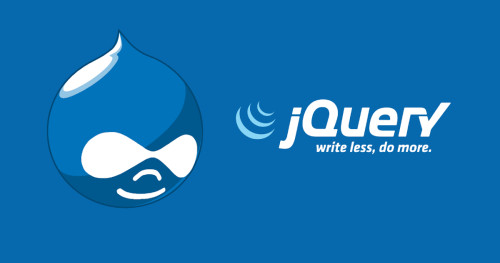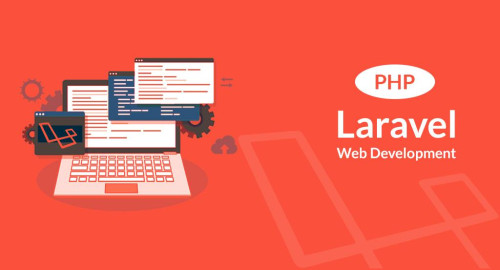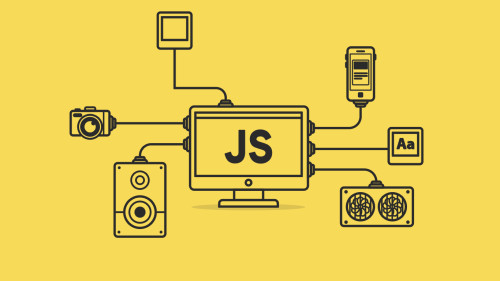In this article, we will see how to create a calendar event in laravel 9 using ajax. Here, we will learn how to add events in the full calendar in laravel using jquery ajax. In the calendar, we will perform crud operations in laravel 7, laravel 8, and laravel 9.
You can add the event, edit the event on the calendar and delete the event in the full calendar. Also, you can drag and drop the event from one date to another date.
So, let's see the laravel 9 full calendar example, how to add events in the full calendar in laravel 7/8/9, how to create an event in the calendar using jquery, and how to use fullcalendar in laravel 9.
Step 1: Install Laravel 9
Step 2: Create Model and Migration
Step 3: Create CalendarController
Step 4: Create Routes
Step 5: Create Blade File
Step 6: Run Laravel Application
In this step, we will install the laravel 9 application using the following command.
composer create-project laravel/laravel laravel9_fullcalendar_exampleIn this step, we will create migration using the following command.
php artisan make:migration create_events_tableMigration:
<?php
use Illuminate\Database\Migrations\Migration;
use Illuminate\Database\Schema\Blueprint;
use Illuminate\Support\Facades\Schema;
return new class extends Migration
{
/**
* Run the migrations.
*
* @return void
*/
public function up()
{
Schema::create('events', function (Blueprint $table) {
$table->id();
$table->string('title');
$table->date('start');
$table->date('end');
$table->timestamps();
});
}
/**
* Reverse the migrations.
*
* @return void
*/
public function down()
{
Schema::dropIfExists('events');
}
};After that, we will migrate the table into the database using the following command.
php artisan migrateNow, we will create the Event.php model. So, add the following code to that file.
app/Models/Event.php
<?php
namespace App\Models;
use Illuminate\Database\Eloquent\Factories\HasFactory;
use Illuminate\Database\Eloquent\Model;
class Event extends Model
{
use HasFactory;
/**
* The attributes that are mass assignable.
*
* @var array
*/
protected $fillable = [
'title', 'start', 'end'
];
}Now, we will create CalendarController using the following command. So, add the following code to that file.
php artisan make:controller CalendarControllerapp/Http/Controllers/CalendarController.php
<?php
namespace App\Http\Controllers;
use Illuminate\Http\Request;
use App\Models\Event;
class CalendarController extends Controller
{
/**
* Write code on Method
*
* @return response()
*/
public function index(Request $request)
{
if($request->ajax()) {
$data = Event::whereDate('start', '>=', $request->start)
->whereDate('end', '<=', $request->end)
->get(['id', 'title', 'start', 'end']);
return response()->json($data);
}
return view('fullcalendar');
}
/**
* Write code on Method
*
* @return response()
*/
public function ajax(Request $request)
{
switch ($request->type) {
case 'add':
$event = Event::create([
'title' => $request->title,
'start' => $request->start,
'end' => $request->end,
]);
return response()->json($event);
break;
case 'update':
$event = Event::find($request->id)->update([
'title' => $request->title,
'start' => $request->start,
'end' => $request->end,
]);
return response()->json($event);
break;
case 'delete':
$event = Event::find($request->id)->delete();
return response()->json($event);
break;
default:
info("Default");
break;
}
}
}In this step, we will add routes in the web.php file.
routes/web.php
<?php
use Illuminate\Support\Facades\Route;
use App\Http\Controllers\CalendarController;
/*
|--------------------------------------------------------------------------
| Web Routes
|--------------------------------------------------------------------------
|
| Here is where you can register web routes for your application. These
| routes are loaded by the RouteServiceProvider within a group which
| contains the "web" middleware group. Now create something great!
|
*/
Route::controller(CalendarController::class)->group(function(){
Route::get('full-calendar', 'index');
Route::post('full-calendar-ajax', 'ajax');
});Now, we will create a fullcalendar.blade.php file. So, add the following code to that file. Also, we will add fullcalendar jquery and CSS CDN files.
resources/views/fullcalendar.blade.php
<!DOCTYPE html>
<html>
<head>
<title>How To Create Calendar Event In Laravel 9 Using AJAX - Websolutionstuff</title>
<meta name="csrf-token" content="{{ csrf_token() }}">
<link href="https://cdn.jsdelivr.net/npm/[email protected]/dist/css/bootstrap.min.css" rel="stylesheet">
<script src="https://cdnjs.cloudflare.com/ajax/libs/jquery/3.1.1/jquery.min.js"></script>
<link rel="stylesheet" href="https://cdnjs.cloudflare.com/ajax/libs/fullcalendar/3.9.0/fullcalendar.css" />
<script src="https://cdnjs.cloudflare.com/ajax/libs/moment.js/2.24.0/moment.min.js"></script>
<script src="https://cdnjs.cloudflare.com/ajax/libs/fullcalendar/3.9.0/fullcalendar.js"></script>
<script src="https://cdnjs.cloudflare.com/ajax/libs/toastr.js/latest/toastr.min.js"></script>
<link rel="stylesheet" href="https://cdnjs.cloudflare.com/ajax/libs/toastr.js/latest/toastr.min.css" />
</head>
<body>
<div class="container">
<h1>How To Create Calendar Event In Laravel 9 Using AJAX - Websolutionstuff</h1>
<div id='calendar'></div>
</div>
<script type="text/javascript">
$(document).ready(function () {
var SITEURL = "{{ url('/') }}";
$.ajaxSetup({
headers: {
'X-CSRF-TOKEN': $('meta[name="csrf-token"]').attr('content')
}
});
var calendar = $('#calendar').fullCalendar({
editable: true,
events: SITEURL + "/full-calendar",
displayEventTime: false,
editable: true,
eventRender: function (event, element, view) {
if (event.allDay === 'true') {
event.allDay = true;
} else {
event.allDay = false;
}
},
selectable: true,
selectHelper: true,
select: function (start, end, allDay) {
var title = prompt('Event Title:');
if (title) {
var start = $.fullCalendar.formatDate(start, "Y-MM-DD");
var end = $.fullCalendar.formatDate(end, "Y-MM-DD");
$.ajax({
url: SITEURL + "/full-calendar-ajax",
data: {
title: title,
start: start,
end: end,
type: 'add'
},
type: "POST",
success: function (data) {
displayMessage("Event Created Successfully");
calendar.fullCalendar('renderEvent',
{
id: data.id,
title: title,
start: start,
end: end,
allDay: allDay
},true);
calendar.fullCalendar('unselect');
}
});
}
},
eventDrop: function (event, delta) {
var start = $.fullCalendar.formatDate(event.start, "Y-MM-DD");
var end = $.fullCalendar.formatDate(event.end, "Y-MM-DD");
$.ajax({
url: SITEURL + '/full-calendar-ajax',
data: {
title: event.title,
start: start,
end: end,
id: event.id,
type: 'update'
},
type: "POST",
success: function (response) {
displayMessage("Event Updated Successfully");
}
});
},
eventClick: function (event) {
var deleteMsg = confirm("Do you really want to delete?");
if (deleteMsg) {
$.ajax({
type: "POST",
url: SITEURL + '/full-calendar-ajax',
data: {
id: event.id,
type: 'delete'
},
success: function (response) {
calendar.fullCalendar('removeEvents', event.id);
displayMessage("Event Deleted Successfully");
}
});
}
}
});
});
function displayMessage(message) {
toastr.success(message, 'Event');
}
</script>
</body>
</html>Now, run the laravel 9 fullcalendar crud operation using ajax.
php artisan serveYou might also like:
- Read Also: How To Get Data Between Two Dates In Laravel 9
- Read Also: Date Range Filter In Datatable jQuery Example
- Read Also: How To Disable Weekends In jQuery Datepicker
- Read Also: Bootstrap Daterangepicker Example








